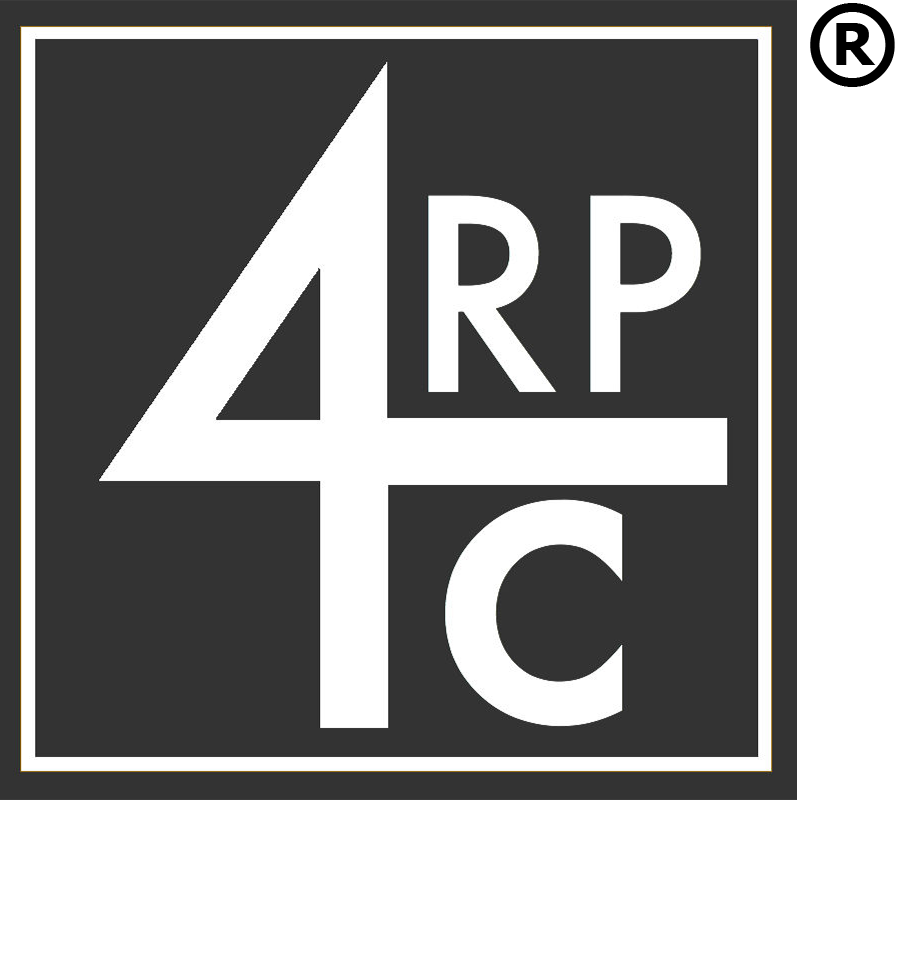The Last Word on Millennials.
An informal LinkedIn poll told me that it’s about a 50/50 split whether this word - Millennial - is used in a positive or negative tone and context.
This isn’t going to be an article educating you on the generations and their characteristics. It’s also not going to be an article pinpointing what’s right and wrong about the generational types. It is however going to be an article that says you can throw out all of that stereotyping.
Let me explain…
I was at a HR networking event last year, and someone said in the context of work:
“And these Millennials (negative tone) just come in with no work ethic and expect to be promoted yesterday, and expect so much… (more negativity…).”
So… realizing this is probably the 100th time I’ve heard the word Millennial in a negative light decided to chime in with:
“You know… the word ‘Millennial’ that was supposedly meant to describe a generation is actually used in context more often to describe a ‘lazy and entitled worker.’ And that’s just not a true definition. Or if the name Millennial has come to mean that, then the generation name must change.”
If you don’t believe me, just think about when you’ve used the word Millennial and was it positive or negative, or wait for it to come up in conversation and see the context within which it’s spoken.
Even I had used it in the past in a negative tone to describe the early career professional who didn’t seem to fall in line with ‘the process,’ whereby they thought they should be able to skip the line of experience. (exasperated sigh)
And then to my shock,
I learned I was “technically” a Millennial by birth year.
Denial set in because I didn’t fit the mold of the stereotype of the Millennial. And that was shortly followed by research about how did the name change from Gen Y to Millennial, plus so much more.
From my seat as a Career Coach, I can tell you there is far less to glean from a person through their generational stereotype, and so much more insight from their personality. I’m working with Boomers, Gen Xers, and Millennials.
I’ll have a Boomer hold similar personality traits and decision-making style to a Millennial. I’ll see leadership characteristics in a Millennial that show up uniquely different in a Gen X professional.
Do you want to know why?
It has to do with how they are wired.
If we know - with accuracy - how someone is wired, we can motivate them, develop them, assign them to the right team. It’s a GAME CHANGER.
There are four main things I wish every HR Department, Team Leader, and C-Suite group would know about their employees:
How easily we accept change or resist it.
Our preferred method of recognition.
Our style of communication.
How we respond to stress.
These are possible to know.
And there are no wrong or right answers within those measurements of an employee’s personality.
They will give clarity about scenarios such as:
“Do we need to pair (employee) with (team member) because this person is a little more resistant to change, and with (team member) she has championed our decisions regarding the office move coming up? We want (employee) to feel comfortable with this change since (employee) has been so integral to the profitability of our company.”
“If we’re going to recognize (employee) for their awesome job on this project, I wonder if he would like a simple email, or team lunch outing, or maybe a sidebar with the CEO? We want (employee) to stay motivated and feel respected for his work.”
“It seems like (team leader A) and (team leader B) are just not getting it done. I think we need to see if they are communicating in a different style from the other so they can actually hear one another… listening to understand not just listening to respond.”
“Things have escalated between departments and it’s causing too much friction, in particular for our Team Leads. It seems like (team leader A) is very outwardly stressed, but (team leader B) doesn’t seem to care. Before we assume one is right over the other, let’s chat with them.”
Understand the team and the personalities within each member and you solve far more problems associated with the “generation gap” than you will be studying stereotypes.
Let’s solve it together! And let the young and old bring meaningful contribution to the company mission.

